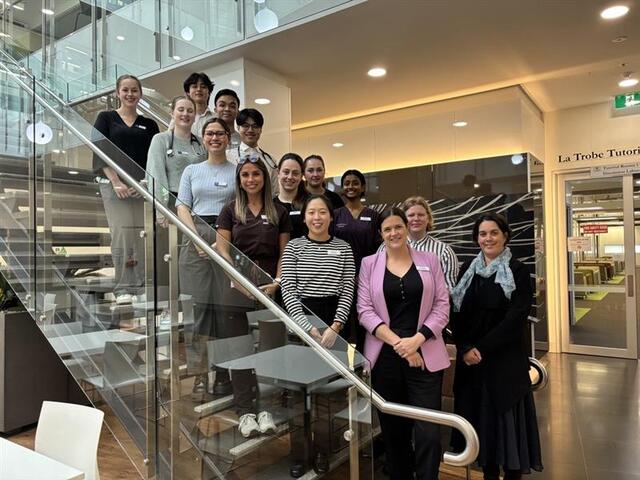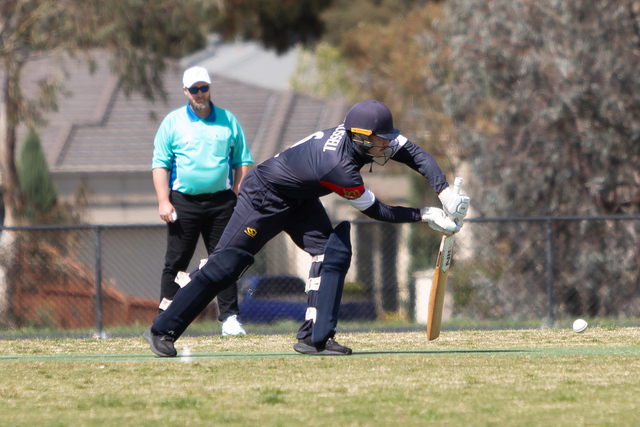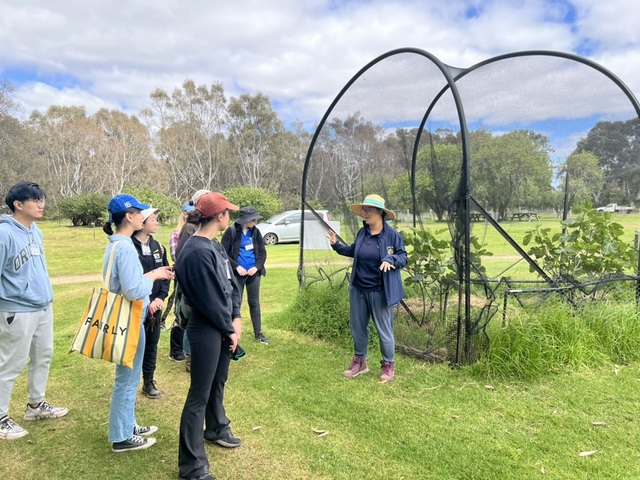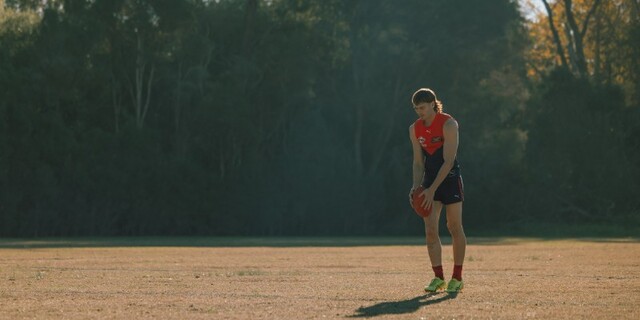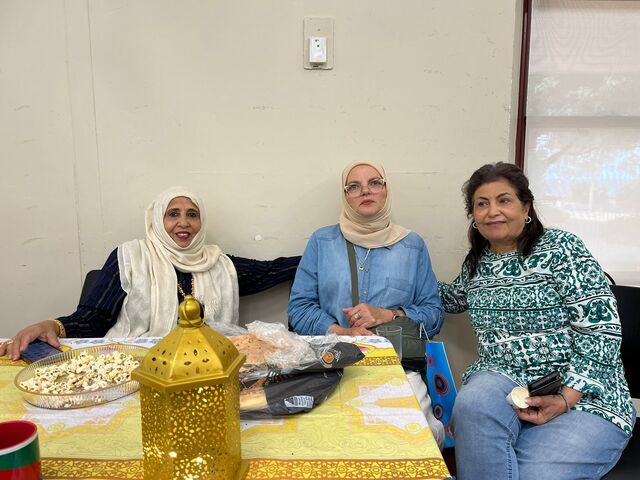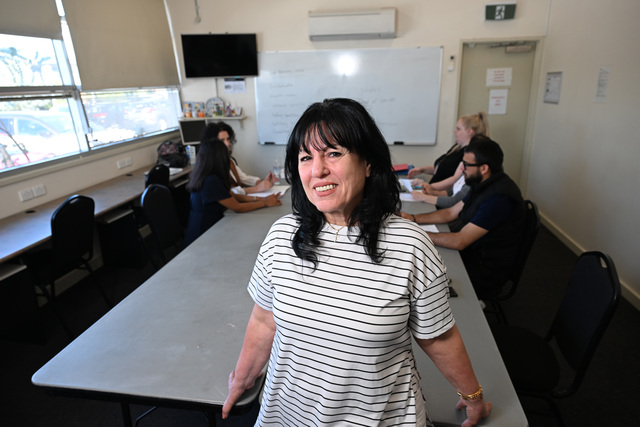In a collaborative effort between allied health education and medical education, first-year medical students from University of Melbourne have been granted a unique opportunity to observe various allied health
disciplines at Northern Health.
The initiative aims to deepen students’ understanding of interprofessional practice and the crucial roles of allied health professionals. By providing early exposure to these disciplines, students can gain insights into how
different professionals contribute to patient outcomes, fostering a more integrated approach to future patient
treatment.
Earlier this year, Dr Rachael Coutts, Director of Medical Education and Emergency Physician, approached Allied Health Education to collaborate on offering medical students the chance to shadow Allied Health professionals
and learn about holistic, patient-centred care.
Tameeka Robertson, Allied Health Clinical School Coordinator, has been instrumental in facilitating the
establishment of the program from an Allied Health perspective, coordinating the shadowing program with staff from Allied Health disciplines.
“When Rachael contacted me to assist in coordinating an observation placement for University of Melbourne first year medical students within the Allied Health sector, I was immediately enthusiastic about the
opportunity,” Ms Robertson said.
“Immersing students in interprofessional environments is incredibly valuable, as it fosters a deeper understanding of teamwork, communication and collaborative practices skills that are essential for effective healthcare delivery. This initiative was aimed to enrich students’ educational experiences and better prepare them for their future roles in the healthcare system.”
Over the period of one month, 62 first year medical students shadowed 16 allied health clinicians across physiotherapy, occupational therapy, dietetics, social work, orthotics and speech pathology.
“The participants were able to, very early in their learning and medical careers, gain insight into what
multidisciplinary care looks like, which forms a strong impression about how they want to work as doctors in the future. This will benefit the patients in our community by teaching best practice from the beginning,” said
Dr Coutts.
Students completed two activities during each day of the program. The first was to observe the clinicians in
their work, and to discuss the extent and breadth of their work. The second was a reflective debrief, where the students come together to discuss and learn from each other what they have experienced.
“During the debrief the students talked about what their preconceived ideas of their allied health clinician was, and what they learnt about them. They observed how critical the work of the Allied Health team is to holistic, patient centred care, the time that clinicians spend with their patients and the strong advocacy for their patient’s goals.”
“By shadowing allied health clinicians, students have learnt about the importance of teamwork in addressing complex patient needs and how important it is to work together to achieve the best patient outcome. This awareness has led to a more coordinated care approach and a greater understanding of each team member’s role, ultimately benefiting patients through more cohesive treatment plans,” Dr Coutts explained.

